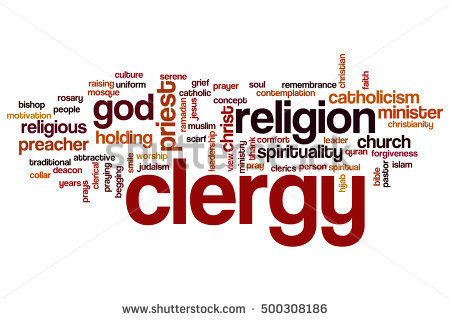What Does It Mean to Have Free Will?
- John Katz

- Dec 2, 2019
- 2 min read
(BigQuestionsOnline)

According to one venerable tradition, with roots in St. Augustine, the mark of freedom is to be able to bring about an effect as an “uncaused cause.” In other words, to act freely is to act without constraints. Neither God nor neurological processes, neither phobias nor any other event is causally responsible for our actions. We, as agents, are causally responsible. We could call this view of freedom “originalism,” after the philosopher Ted Honderich, who speaks of “origination,” because free actions originate with the human person as their cause. As an originalist, the medieval Franciscan John Duns Scotus says we are “total cause” of what we freely will. Say you freely eat a meal. You are the cause of eating; the responsibility for eating the meal is yours, period.
Scotus developed this view in response to another tradition, also rooted in Augustine, which is associated with the Dominican order and whose classical articulation is in the writings of another medieval philosopher, St. Thomas Aquinas. For Aquinas, you choose to eat the meal, but God causes you to make that choice. Even though God causes you to choose to eat, you still do so freely. (If this sounds like a stretch to you, you’re not alone.) To make sense of the idea, Aquinas says that there are different ways you can be free, different reasons for your freedom. Later Dominican interpreters celebrated one Thomistic understanding of freedom that has come to be known as “freedom-for-excellence” — freedom understood as acting virtuously for true human happiness.
Many see a tension between freedom-for-excellence and the originalist view of freedom. You could think of the contrast between the two in this way: it is the difference between having to follow laws in order to do something freely, and just doing whatever you want without being constrained by anything except yourself. For instance, to speak a language freely, I have to follow the laws of grammar, so that what appear as constraints (grammar rules) are in fact conditions for my free action of speaking. For the originalist, by contrast, a truly free act has no constraints because the cause is just me, not anything outside of my control that constrains me to act as I do rather than some other way.
The distinction between these two concepts of freedom has enjoyed renewed discussion in our day, owing largely to Isaiah Berlin’s influential 1958 lecture “Two Concepts of Liberty.” The distinction has found use in many contexts, from public policy to practical psychology, and its application is even more profound in philosophical theology — the discipline I will address here. Read more




Comments